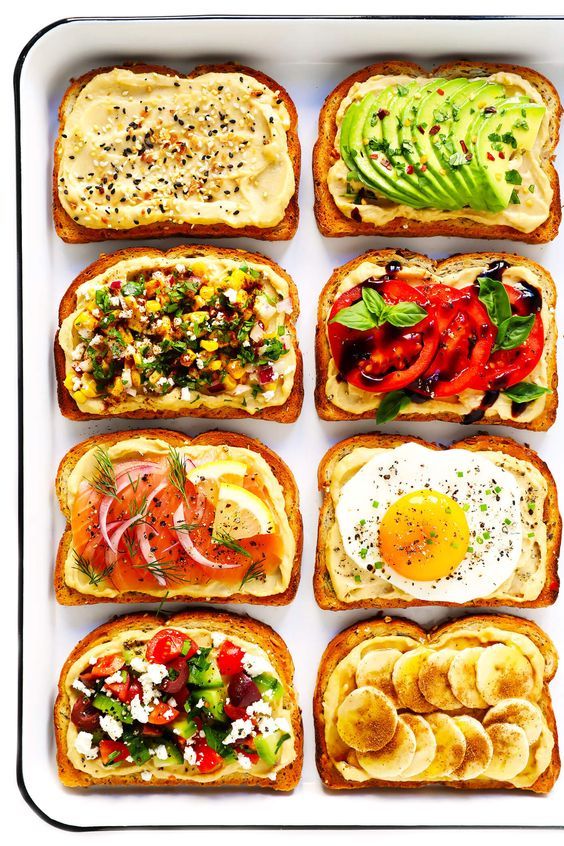Depressed people prone to eat in junk food
Depressed people prone to eat in junk food
Eating disorders is often related to habits of people eating items of food that are not generally classified under healthy foods such as fruits, vegetables, milk, and similar stuff. Fast and junk food is also termed under those unhealthy qualities of food. It has been discovered that people who suffer from depression resort to eating unhealthy comfort foods than when they feel happy.
The January issue of the Journal of Marketing carried a description of several studies conducted by Brian Wansink, the John S. Dyson Professor of Marketing, Applied Economics, and Management at Cornell, and his two colleagues. The studies are geared to provide some insight about the relationship in food and mood of the people.
Wansink suggests that people feeling happy try to maintain or extend their moods in the short term. However, they consider the long term and so turn to comfort food with more nutritional value. While at the same time, people, who are feeling sad or depressed, want to take themselves out of that situation with a quick indulgent snack that tastes good and gives them an immediate relief. This is quite a clear indication that people who feel sad tries to eat junk food.
We can clearly see that there could be a good connection between what your feeling are and what your mind forces you to eat at that time–it sounds very premature to say, but this may turn out to be one of the reasons why people suffer from bad eating habits–they just do not understand what causes them to love the food, which is not characteristically healthy and should be avoided in general routine. However, we need to mention that the study has clearly provided a path for others to follow, and with more research, we may be able to see the picture in a better way.
Binge eating is most prominent eating disorder
A few days ago, we heard about eating disorders being one of the main reasons for obesity and weight-loss problems. However, the popular belief about eating disorders is that anorexia or bulimia are the main eating disorders. But a recent survey has shown that Binge eating tops the list of eating disorders affecting Americans–it is noticeable here that it is the first-ever national survey on eating disorders.
Binge eating is a particular condition where people undergo frequent and uncontrolled eating binges without purging. It has been found out that this condition affects 3.5% of women and 2% of men during their lifetime. No wonder that like other eating disorders, this condition is also linked to obesity. Dr. James I. Hudson, director of the Biological Psychiatry Laboratory at McLean Hospital and a professor of psychiatry at Harvard Medical School, is the lead researcher of this survey.
We can easily gauge the importance of this survey, as according to popular belief, it was other types of eating disorders that were prevalent among the populace. However, it is unfortunately true that this condition is also related to all troubles that arise from obesity. It is said repeatedly that eating disorders and unhealthy life-styles are the main cause of obesity amongst the major part of the population. Awareness and knowledge about these things are top-measures that can help to tackle obesity among the masses. We will need to implement many of the suggestions that medical bodies and organizations are providing for curbing of the epidemic of obesity, which has not spared young, women, old people, and is quite prevalent in children also.
Hopefully, this survey would provide some better insight to tackle the issue of eating disorders, and perhaps, the researchers would also be able to provide some solution for this. We again will need to wait and watch.






